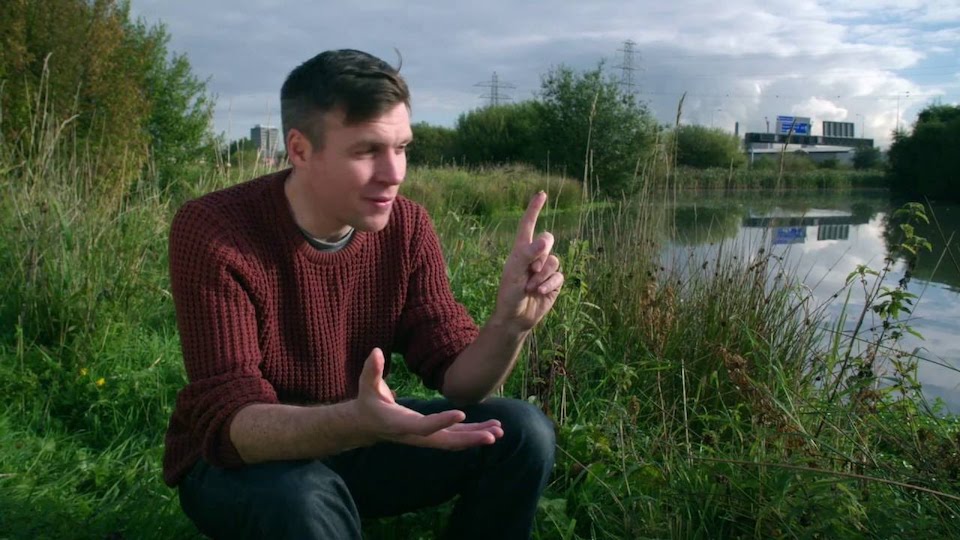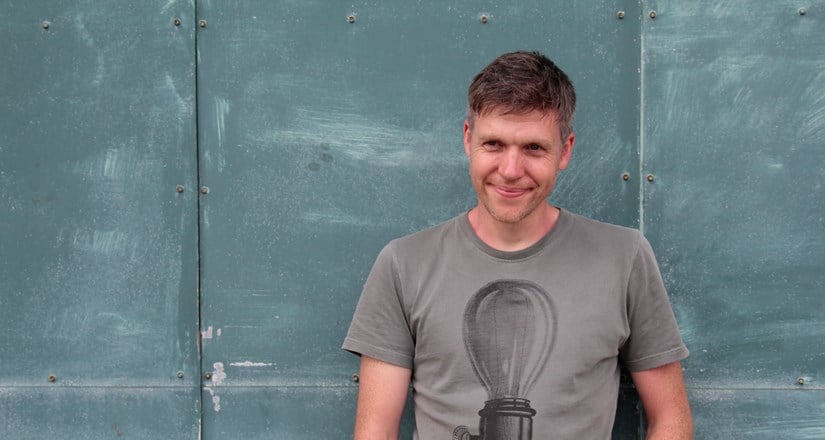
Saving Ugly Animals is No Laughing Matter
Simon Watt is a science communicator, founder of the Ugly Animal Preservation Society and a stand-up comic. In this interview with Conservation Careers Blogger Bill Boteler, Simon talks about his journey to become what he is and why ‘ugly’ animals matter.

I don’t only work in conservation is the key. My job is best summed up by what we call public engagements and science communication. I think that understanding science is a bit of a vaccination against the kind of claptrap of the world, and that’s massively beneficial.
The natural world is incredible in its vastness and weirdness, and I want people to value it. Also, our relationship with animals and the natural world is a bit skewed and twisted and weird.
What are your main activities in your current role?
My main activities come down to education. Among other things, I’m a natural history TV presenter. I’ve made quite a few documentaries – ones you might have seen would be Inside Nature’s Giants, where we dissect large animals. We looked more at their physiology and anatomy and evolution. Another one was called Wild Cities, and we investigated how nature is affecting our urban environment and how our urban environment is affecting nature.
Another approach is more formal education. I go do a lot of outreach in schools, where I talk to kids.
The other means is comedy. I work as a stand-up comedian. I run the Ugly Animal Preservation Society. With that, I take the laws of satire and apply them to conservation. The society was born out of a need to talk more about the creatures that people find unappealing.
What is the best part of your job?
The best part of my job is that I get to work creatively with these things. I’m applying all the art forms that I work into the kind of stuff I love. The best part of my job is that it isn’t a real job.
It was a way of marrying all my genuine loves, which are communications in the arts, and the natural world and knowledge.
What are your least favourite parts of your job?
Being a freelancer means I must do all my own admin and logistics. Travel is often. There is also the massive lack of stability. I’ve had pretty much a year’s worth of work cancelled through all this COVID stuff. There’s a fear of lack of resetting.
What are some highlights of your career?
One highlight was getting to dive into a polar bear den in Greenland to film it from the inside when the bears had left. I could see the claw marks that were in the snow and realised that there was a massive hulking polar bear there just probably a few hours before.
Another one was we were looking at the documentary in Borneo, looking at the ‘canopy busters’, these enormous trees that punch through the level of the canopy. Although we were mostly following insects and looking at the ants and epiphytes that grow up there, you look across the next tree, and there was a whole family of orang-utans just looking at us.
The other side is, I love working in comedy. There’s a real joy of sharing the weirdness of the world with people.
What steps have you taken in your career to get where you are now?
Everything that looks planned isn’t. I’m kind-of a sign that some of the things we do don’t work. At least in the UK, you’re forced to choose. Are you going to go into the arts or the sciences?
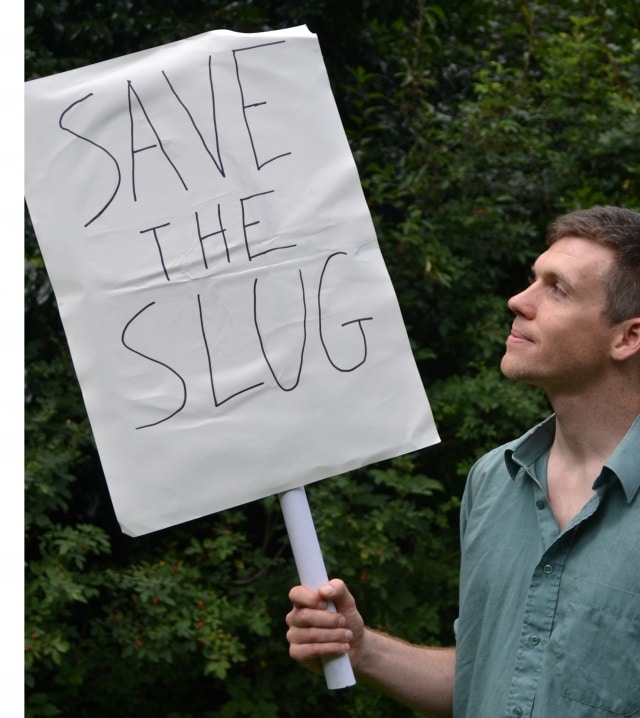
It opened my eyes to the fact that that world existed, that I wasn’t the only one who wanted to do this kind of thing.
The other thing that changed my life was being part of the National Student Drama Festival (NSDF) Ensemble.
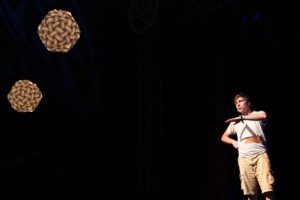
I spent an awful lot of time just bumming around doing jobs in museums and things. There isn’t a coherent straightaway path because this isn’t a real job. It’s a thousand different jobs, which nobody likes to admit use the same skill.
What advice would you give to people on a similar path?
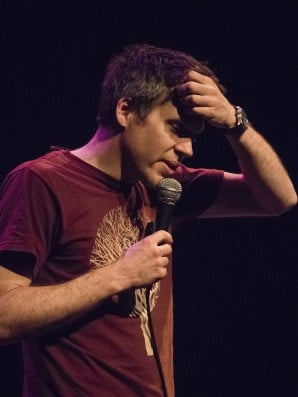
I don’t think you can be taught, academically, how to communicate. You just must do it enough to get good at it and make sure it is enjoyable because that’s the only way you’ll stay the distance.
Why save ugly animals?
I love ugly animals. Hence, my book. Hence, my comedy shows. Hence. everything. They are, to my mind, infinitely more fascinating than the things that we’ve already heard about. A lot of life is the smaller, weirder things. A lot of life isn’t lucky enough to be cute and fluffy. I think the thing we must remember is that ugly is the majority.
Do you have a soft spot for the ugly underdogs of the animal world? Visit the Ugly Animal Preservation Society website, or check out Inside Nature’s Giants for more weird and wonderful nature. You can find out more about Simon Watt on his website or by following him on Twitter @SimonDWatt.
Careers Advice, Interviews, Celebrating Diversity in Conservation, Communicator

